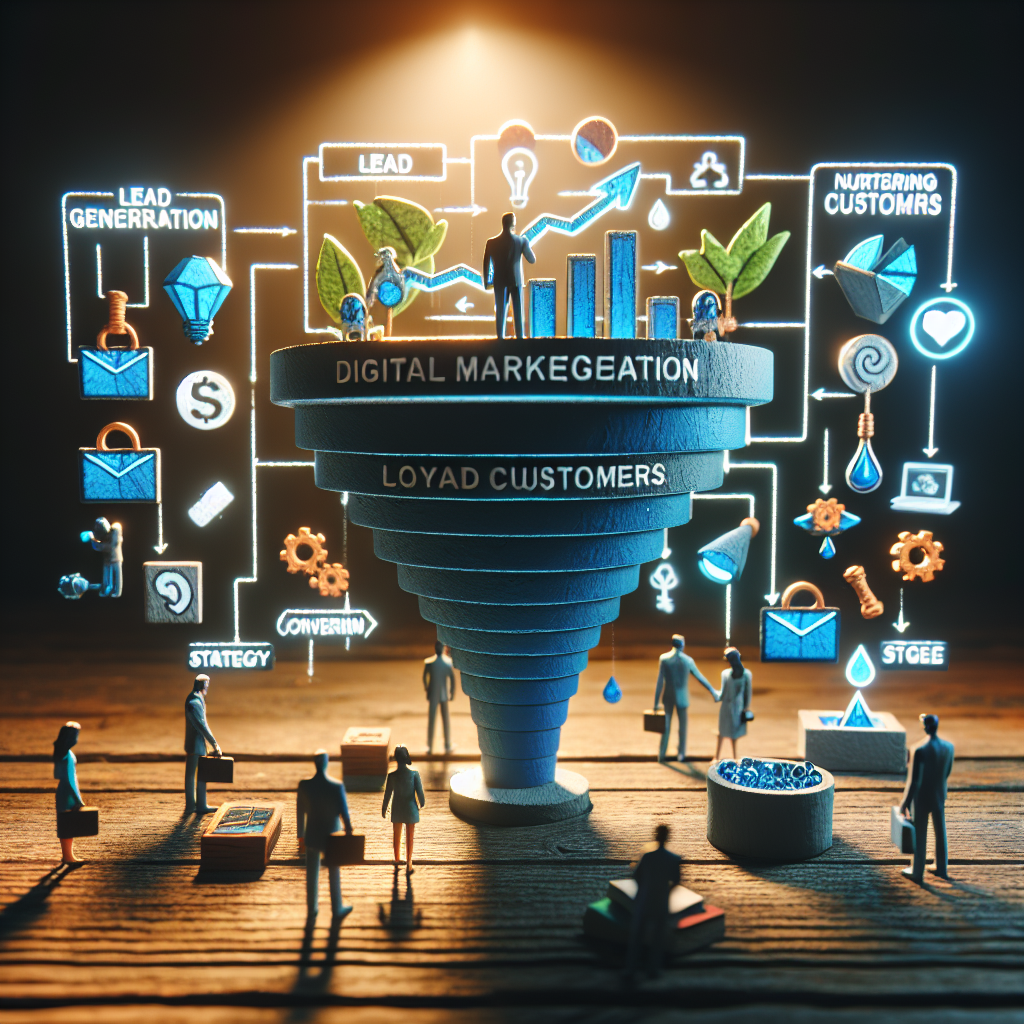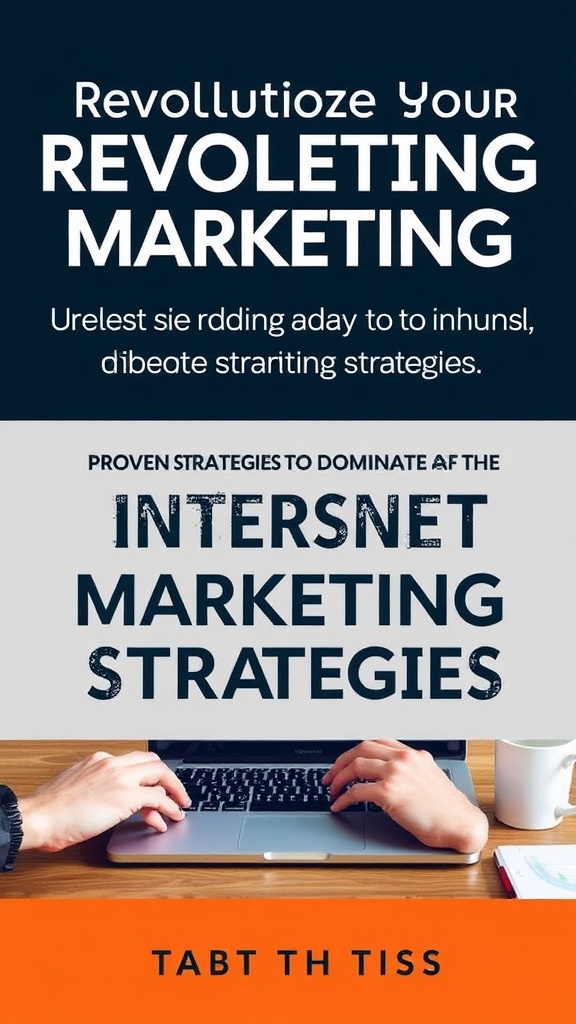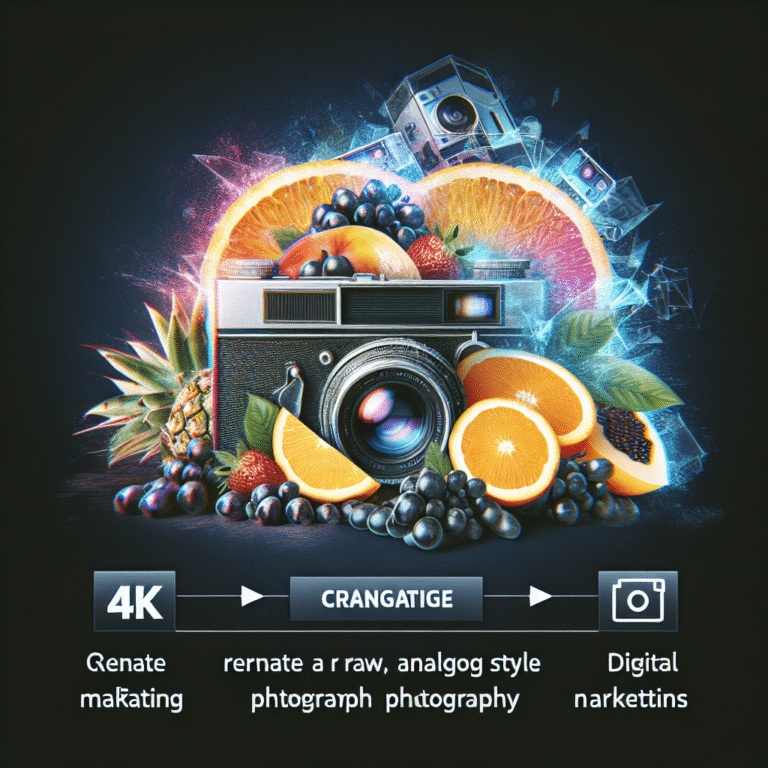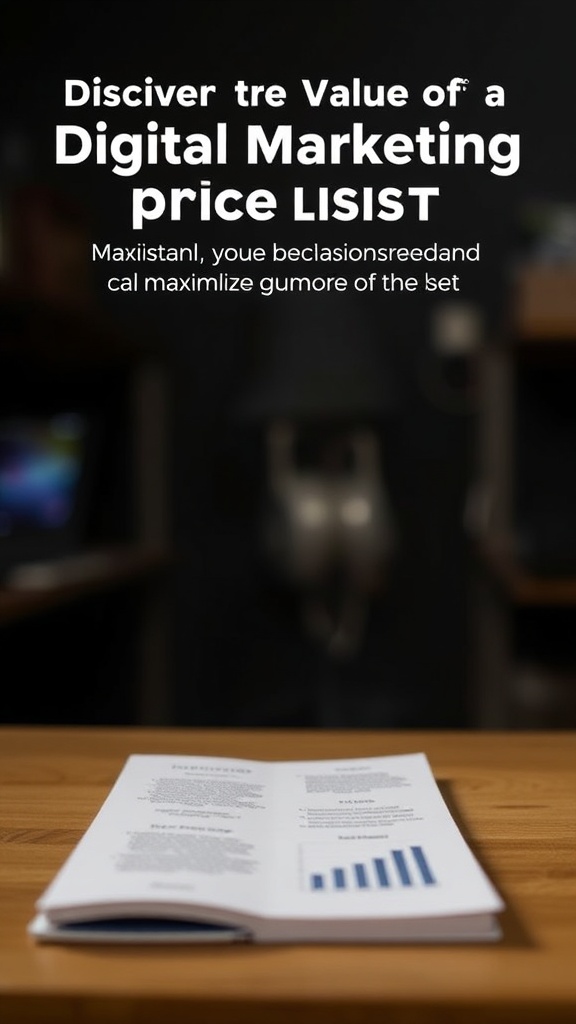Maximize Conversions with a Proven Digital Marketing Funnel Strategy That Converts Leads into Loyal Customers
In my experience with digital marketing, I’ve been researching and implementing various strategies to boost conversions, and a digital marketing funnel has consistently proven to be one of the most effective tools. I want to share what I’ve learned about crafting a digital marketing funnel that not only attracts leads but also guides them seamlessly toward becoming loyal customers. Over the years, I’ve discovered that understanding and optimizing this funnel is crucial for any business aiming to maximize ROI and build lasting relationships.
From what I’ve learned, a well-structured digital marketing funnel serves as a roadmap for nurturing prospects at every stage of their buyer journey. I believe that by focusing on each phase of the funnel—awareness, consideration, decision, and retention—we can significantly improve conversion rates. In this article, I’ll walk you through my personal insights and proven strategies to create a digital marketing funnel that truly converts leads into loyal customers.
Understanding the Digital Marketing Funnel
What Is a Digital Marketing Funnel?
In my experience, a digital marketing funnel is a strategic model that guides potential customers through the stages of awareness, interest, decision, and loyalty. I’ve found that the key to a successful funnel lies in understanding where your audience is in their journey and tailoring your messaging accordingly. When I first started, I underestimated how critical it is to map out each stage clearly; now, I see it as the foundation of all effective marketing efforts.
The Importance of a Funnel in Digital Marketing
I recommend viewing the digital marketing funnel as a framework that helps me organize my campaigns and content. From my research, I’ve learned that a funnel allows me to identify gaps in my strategy and optimize touchpoints to move leads closer to conversion. Without a well-defined funnel, I believe it’s easy to waste resources on ineffective tactics or miss opportunities to nurture prospects. For me, mastering this funnel has been a game-changer in increasing my conversion rates and customer loyalty.
Stages of a Digital Marketing Funnel
From what I’ve discovered, the typical digital marketing funnel includes four main stages: awareness, consideration, decision, and retention. I’ve learned that each stage requires different content and engagement tactics. For example, at the awareness stage, I focus on educational content that introduces my brand. During the decision phase, I emphasize testimonials and special offers to persuade prospects. Recognizing these stages helps me deliver the right message at the right time, which is crucial for maximizing conversions.
Building an Effective Digital Marketing Funnel
Crafting Top-of-Funnel Content
In my experience, the top of the digital marketing funnel is where I attract cold traffic. I’ve found that creating engaging, informative content like blog posts, videos, and social media updates is essential here. I recommend focusing on solving common problems or providing valuable insights that grab attention. When I started prioritizing educational and entertaining content, I noticed a significant increase in the number of prospects entering my funnel. This initial attraction is the first step toward conversions that matter.
Capturing Leads Effectively
I’ve discovered that lead capture is a pivotal moment in the digital marketing funnel. I recommend using compelling calls-to-action (CTAs) and offering incentives like free guides or webinars. From my own experience, simplifying forms and reducing friction helps me collect more contact information. Once I have their details, I can nurture these leads more intentionally, moving them further down the funnel. Implementing automated email sequences has been particularly effective for me in nurturing prospects.
Nurturing Leads Through the Funnel
In my journey, I’ve found that email marketing, retargeting, and personalized content are powerful tools for nurturing leads. I believe that at this stage, building trust is critical. I recommend segmenting your audience based on their behavior and interests, then tailoring your messaging accordingly. I’ve seen firsthand how providing valuable resources and consistent communication helps turn hesitant prospects into buyers. The goal is to keep your brand top of mind and demonstrate your value continuously.
Optimizing Your Funnel for Better Conversions
Analyzing Funnel Metrics
From what I’ve learned, tracking key metrics like conversion rates, bounce rates, and average session duration is vital for understanding how well my digital marketing funnel performs. I recommend setting up analytics tools and regularly reviewing data to identify bottlenecks. When I started paying closer attention to these metrics, I could pinpoint where prospects were dropping off and adjust my tactics accordingly. Data-driven decisions have helped me optimize each stage for maximum impact.
Testing and Improving Strategies
I believe that continuous testing—A/B testing headlines, CTAs, and landing pages—is essential for refining your digital marketing funnel. In my experience, small tweaks can lead to significant improvements. I recommend experimenting with different approaches and analyzing results systematically. Over time, this iterative process has allowed me to craft a more effective funnel that consistently converts leads into loyal customers.
Personalization and Customer Experience
In my opinion, personalization is the secret sauce for a high-converting digital marketing funnel. I’ve found that tailoring content and offers based on user behavior makes prospects feel valued and understood. From my research, I know that personalized experiences significantly boost engagement and loyalty. I recommend leveraging customer data to customize messaging at every stage, ensuring your prospects feel supported and confident in their decision to buy.
Using Data to Refine Your Digital Marketing Funnel
Implementing Analytics Tools
In my experience, the right analytics tools are critical for understanding how my digital marketing funnel is performing. I recommend integrating platforms like Google Analytics, heatmaps, and CRM systems to gather comprehensive data. When I started using these tools, I gained insights into user behavior, which helped me identify strengths and weaknesses within my funnel. This knowledge empowered me to make smarter, data-backed improvements.
Refining the Funnel Based on Data
I’ve found that continuously refining my digital marketing funnel based on data is one of the most effective ways to increase conversions. I recommend setting clear KPIs and regularly reviewing performance metrics. When I analyzed my data, I discovered patterns that guided me on where to optimize, whether it was improving landing pages or adjusting email sequences. This ongoing process of refinement ensures my funnel evolves with my audience’s needs.
Customer Feedback and Funnel Improvement
In my experience, listening to customer feedback is invaluable for refining the digital marketing funnel. I’ve encouraged direct communication through surveys and social media interactions. When I learned what my customers truly valued and what obstacles they faced, I could tailor my funnel accordingly. I believe that combining quantitative data with qualitative insights creates the most robust strategy for conversion optimization.
References and Resources
Throughout my research on digital marketing funnel, I’ve found these resources incredibly valuable. I recommend checking them out for additional insights:

Authoritative Sources on digital marketing funnel
-
HubSpot’s Complete Guide to Marketing Funnels
hubspot.comThis guide offers comprehensive insights into building and optimizing digital marketing funnels, with practical examples and best practices.
-
Search Engine Journal on Funnel Marketing Strategies
searchenginejournal.comThis article discusses advanced tactics for optimizing your digital marketing funnel for higher conversions.
-
American Marketing Association: Funnel Marketing Tips
ama.orgA trusted resource for industry insights, this page covers the latest trends and research in digital marketing funnel strategies.
-
Moz Blog on Funnel Optimization
moz.comThis resource provides SEO-focused insights into refining your digital marketing funnel for better organic traffic and conversions.
-
Neil Patel: What Is Funnel Marketing?
neilpatel.comNeil Patel shares actionable advice on creating funnels that convert, with real-world examples and tactics I’ve found highly effective.
-
Content Marketing Institute: Lead Magnets & Funnels
contentmarketinginstitute.comThis resource offers insights into creating lead magnets that fuel your digital marketing funnel and boost engagement.
-
Big Think: Digital Funnel Optimization
bigthink.comThis article discusses strategic approaches to optimize your digital marketing funnel for sustained growth and customer retention.
Frequently Asked Questions
What is a digital marketing funnel and why is it important?
In my experience, a digital marketing funnel is a strategic framework that guides prospects from initial awareness to becoming loyal customers. I’ve found that understanding this funnel is essential because it helps me deliver targeted content at each stage, increasing the chances of conversion and long-term retention. Without a clear funnel, I believe it’s difficult to align marketing efforts effectively or measure success accurately.
How can I optimize my digital marketing funnel for higher conversions?
My approach involves analyzing key metrics, testing different strategies, and personalizing the user experience. I recommend regularly reviewing analytics to identify where prospects drop off and then making data-driven adjustments. I’ve also found that A/B testing landing pages and email sequences can lead to significant improvements. Personalization, based on user behavior, makes prospects feel valued and increases their likelihood to convert.
What are the key stages of a digital marketing funnel?
The main stages I focus on are awareness, consideration, decision, and retention. Each stage requires different content and tactics. For example, I use blog posts and social media to generate awareness, then provide detailed guides and demos to move prospects to consideration. At the decision stage, I rely on case studies and offers, and for retention, I focus on excellent customer service and loyalty programs. Understanding these stages helps me create a cohesive and effective funnel.
Can I use a digital marketing funnel for B2B and B2C businesses?
Absolutely. In my experience, the fundamental principles of a digital marketing funnel apply to both B2B and B2C. However, the specifics of content and engagement strategies may differ. For B2B, I focus more on informative content, case studies, and nurturing through longer sales cycles. For B2C, I emphasize quick wins, emotional appeal, and impulse buying. Tailoring the funnel to your audience is key to maximizing conversions.
Conclusion
In conclusion, my research on digital marketing funnel has shown that a well-designed and continuously optimized funnel is essential for turning leads into loyal customers. I believe that understanding each stage and personalizing your approach can dramatically improve your conversion rates. I hope this guide helps you develop a digital marketing funnel that drives sustainable growth and customer loyalty based on my own experiences and proven strategies.
Find out more information about “digital marketing funnel”
Search for more resources and information:







